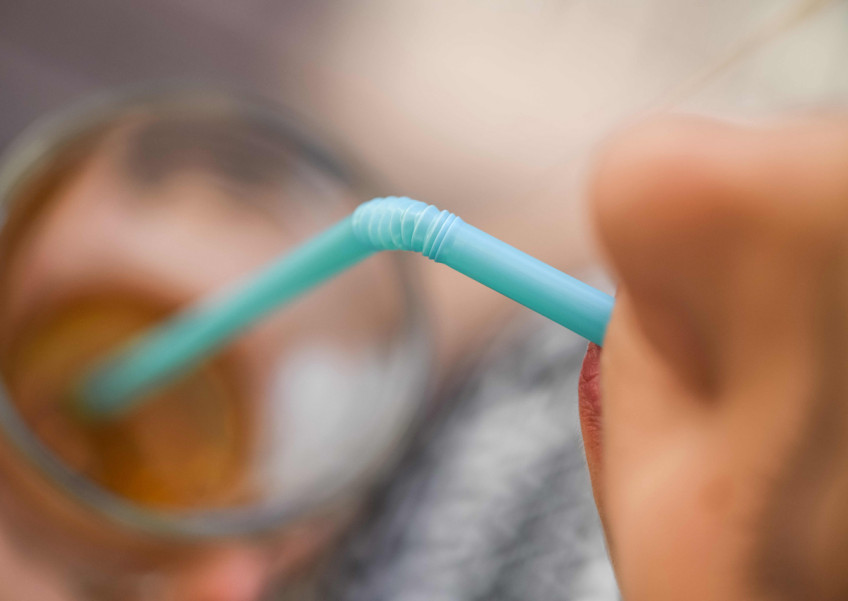Just a few days ago, The Straits Times, Channel News Asia and Today all reported that scientists from Nanyang Technological University (NTU) have found that plastic bags actually produces fewer carbon emissions, as compared to its other reuseable counterparts, such as cotton bags, polypropylene non-woven plastic bags, and paper bags. The scientists had made such conclusion after analysing and assessing the life-cycle of plastic grocery bags, from the production, distribution, transportation, all the way till the treatment and disposal of the plastic bags. Interestingly, they argued that kraft paper and cotton woven bags creates the most harm to the environment, out of the many types of bags they have tested. In fact, these bags may result in “abiotic fossil depletion, freshwater-, marine- and terrestrial- ecotoxicities, human toxicity, acidification and eutrophication potentials.” (Ahamed et al., 2020). According to the study, in order for renewable bags to be more environmentally-friendly than plastic bags, it has to be used more than 50 times (Tan, 2020).
We often have this misconception that once we change from disposable things to reuseable ones, it will automatically be more environmentally-friendly. However, this seems to only work if we actually use those renewable things enough times. Linking back to the previous blogpost, tote bags are often freely given away by organisations, with so many tote bags, is everyone going to use more than 50 times for each of the tote bags and other reuseable bags we have? I doubt so. Most of the time, the reuseable stuff may be greenwashed by businesses, to show to the consumers that they are doing their part to ‘reduce their carbon footprints’.Therefore, reduction is the best way to reduce our emissions, since it will certainly reduce the emissions we are constantly producing.
References
Ahamed, A., Vallam, P., Shiva, N., Veksha, I., Bobacka, J., & Lisak, G. (2020). Life cycle assessment of plastic grocery bags and their alternatives incities with confined waste management structure: A Singapore case study. Journal of Cleaner Production, 278 (2021), p. 123956.
Tan, A. (2020, 14 October). Plastic bags can be more eco-friendly than cotton & paper bags in S’pore: NTU study. The Mothership. Retrieved from https://www3.ntu.edu.sg/CorpComms2/clips/2020/10_Oct/Plastic%20Bags/mothership.pdf.





